Search
Search Results
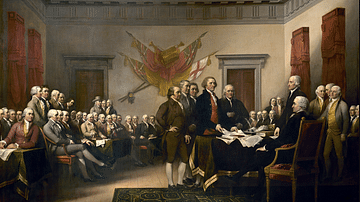
Definition
Second Continental Congress
The Second Continental Congress was the body of delegates that governed the Thirteen Colonies and, later, the United States during the American Revolutionary War. Between its first session in May 1775 and its disbandment in March 1781, the...
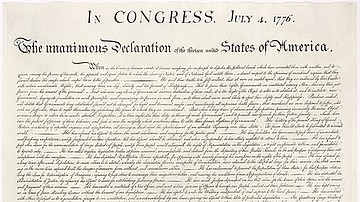
Article
Declaration of Independence
The Declaration of Independence is the foundational document of the United States of America. Written primarily by Thomas Jefferson, it explains why the Thirteen Colonies decided to separate from Great Britain during the American Revolution...
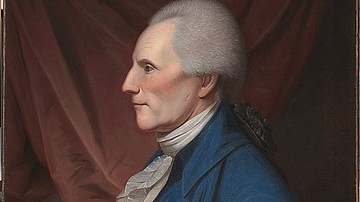
Definition
Richard Henry Lee
Richard Henry Lee (1732-1794) was an American politician from Virginia, who played a significant role in the American Revolution (1765-1789), particularly in the push for independence. A member of the prominent Lee family of Virginia, he...
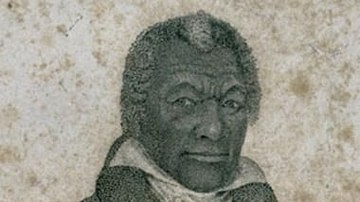
Definition
James Armistead Lafayette
James Armistead Lafayette (l. c. 1748-1832) was an African American Patriot who served the Continental Army as a spy during the American Revolutionary War (1775-1783). During the Siege of Yorktown, he infiltrated the British camp to bring...
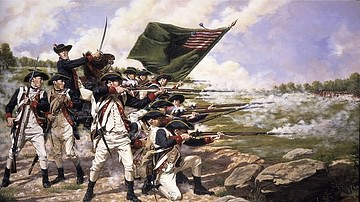
Article
Weapons in the American Revolution
The American Revolutionary War (1775-1783) was a long and bitter conflict fought between Great Britain and its thirteen North American colonies over the Americans' liberties and, eventually, for the independence of the United States. The...
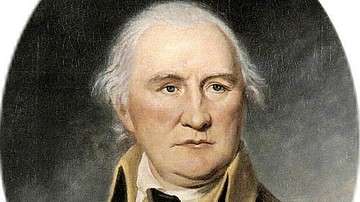
Definition
Daniel Morgan
Daniel Morgan (l. c. 1735-1802) was an American frontiersman and soldier, most famous for leading a corps of riflemen during the American Revolutionary War (1775-1783). He rose to the rank of brigadier general in the Continental Army and...
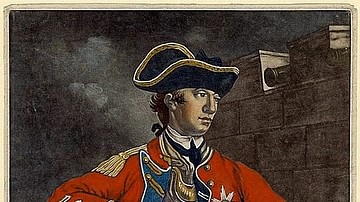
Definition
William Howe
Sir William Howe (1729-1814) was a British military officer and politician, most notable for his role as commander-in-chief of the British army during the initial years of the American Revolutionary War (1775-1783). Despite several significant...
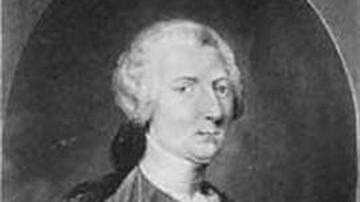
Definition
Conway Cabal
The Conway Cabal was a movement undertaken by American military officers and political leaders to remove General George Washington from command of the Continental Army during the winter of 1777-78. These Patriot leaders had lost confidence...

Definition
Colonel Tye
Colonel Tye (c. 1753-1780) was an African-American Loyalist leader who commanded one of the most effective guerilla forces of the American Revolutionary War (1775-1783). Born into slavery, he escaped in 1775 and joined the British cause...
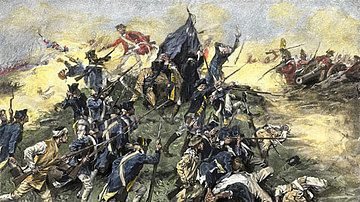
Article
Siege of Savannah
The Siege of Savannah (16 September to 20 October 1779) was a significant engagement in the American Revolutionary War (1775-1783). Hoping to retake Savannah, Georgia, which had fallen to the British the previous year, a Franco-American force...